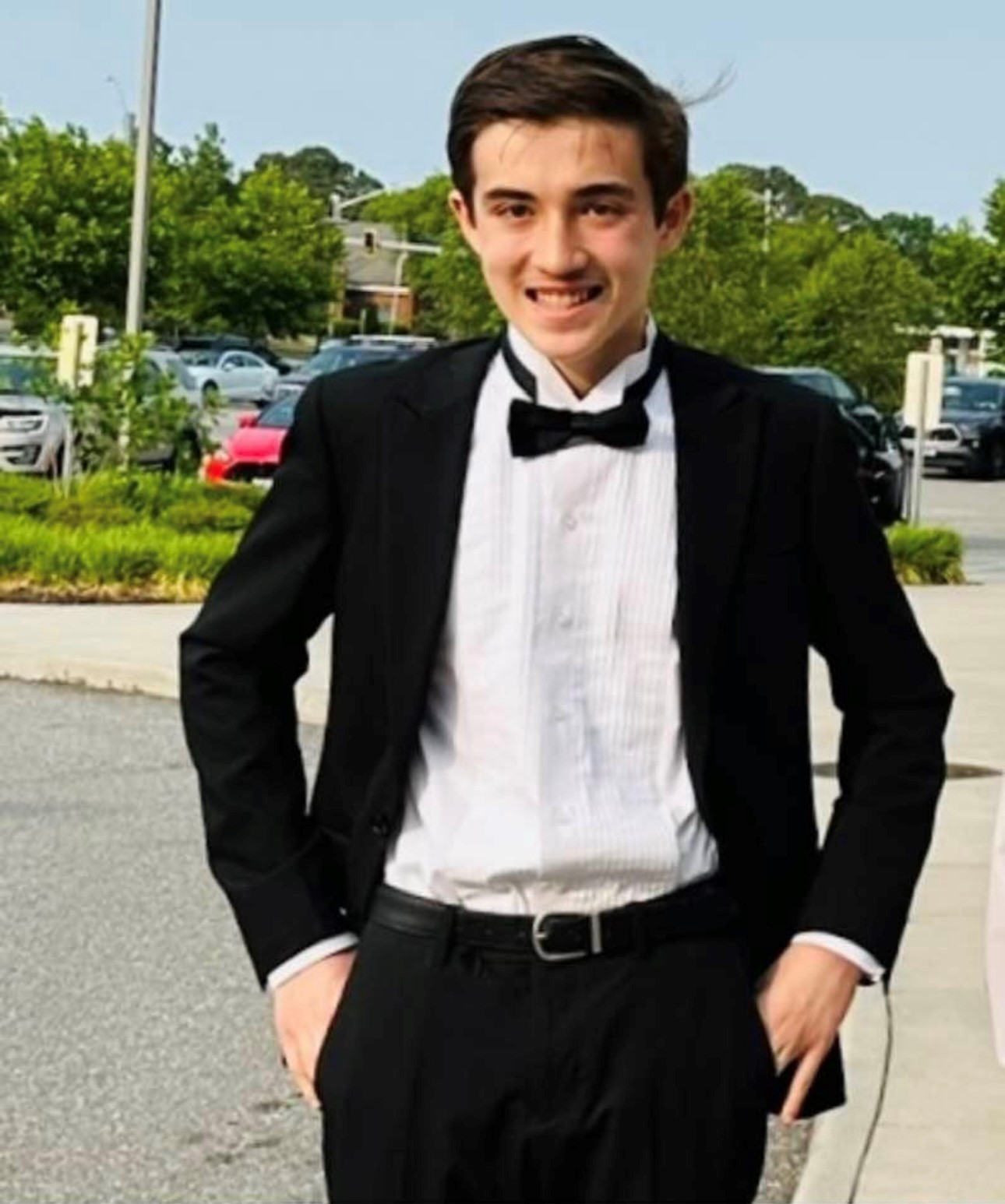April is the month of the military child, which makes it an appropriate time to share my personal experience. Being a military child has impacted my life in innumerable ways and has shaped who I am. Many difficulties came along with being a military child. Still, many more opportunities and chances for growth came about because my father was in the Navy.
The most obvious challenge about being a military child is moving; the United States Navy has determined every city where I have lived. In 2009, I was born at Bethesda Naval Hospital (now Walter Reed National Military Medical Center), also known as the President’s Hospital, to my wonderful parents in Bethesda, Maryland because my father was a military doctor stationed there. The first couple years of my life in Maryland were great, but nothing particularly remarkable happened, or, at least, nothing I can remember in great detail that would be germane to this article. I just grew up happily as any baby or toddler would.
Then, the Navy determined that my father was to go through flight training in Pensacola, Florida. So we, as a family, ended up there. I was very young then, so moving was an odd experience, but I enjoyed Pensacola. However, my mother, who worked for the United States Patent and Trademark Office, had to commute by flight to Alexandria almost every week for several days on end. It was tough having my mother gone often, but this was the life that my father signed up for the family. Even though my mother was often away during the week, she would be home on weekends, and we would try to spend as much time together as possible. After going to preschool and kindergarten, I made friends at school and in my neighborhood. I had become acclimated and accustomed to the Florida panhandle and especially loved the weather. The beaches were great too.
After my father finished his flight training, he was stationed on the USS Abraham Lincoln, a nuclear aircraft carrier in the yards in Newport News, Virginia as the Senior Medical Officer (SMO). I was saddened that I had to leave friends and Pensacola, but duty was calling. We had no choice but to move, and we settled in Virginia Beach. In my father’s new position, he would often have to work long hours on the ship because he was responsible for the health and safety of the 5,000 crew members of the Lincoln. A few times, he was deployed on the Lincoln, which had left the yards and returned to its homeport of Norfolk, Virginia. I started first grade in a new school where I knew no one. Yet, I made friends quickly; I felt it was a necessity to try to make friends as I had in Pensacola because, if I did not try, I would be miserable.
My father finished his time on the Lincoln and was re-stationed to Portsmouth Naval Hospital, which was in the same general area, so we did not have to move. He completed his last few years in the Navy there as a physician seeing patients, which he has always loved to do. Yet, in 2020, the year he was to retire from the Navy, the COVID-19 Pandemic struck. This meant he would often have to work even longer hours than he usually would have. Despite the global pandemic, my father still retired from the Navy on schedule in October 2020.
Seeing and experiencing the sacrifice that ensures our freedom, I have developed a deep love and appreciation for American values and principles.
My experience as a military child has been such an integral part of my life that I do not stop and think about my upbringing very often. It just is a fact of my life. Yet, every time I think about my experience, I realize how much I loved it and how important it was. It has given me new opportunities like writing these articles for the USPTO Military Organization, but, more importantly, it has shaped my outlook on the world. Seeing and experiencing the sacrifice that ensures our freedom, I have developed a deep love and appreciation for American values and principles. Without our servicemen and women in uniform, we would cease to be a free nation, but you must always remember that behind every Soldier, Sailor, Airman, Marine, and Guardian, there is a military parent, spouse, and/or child.
